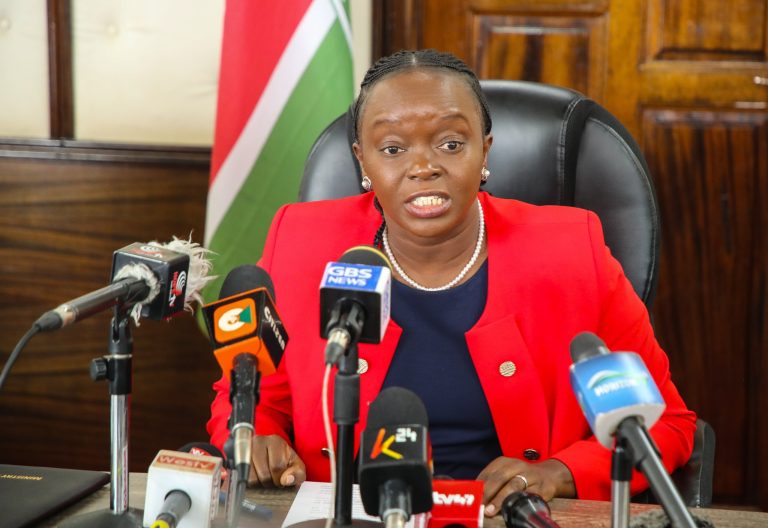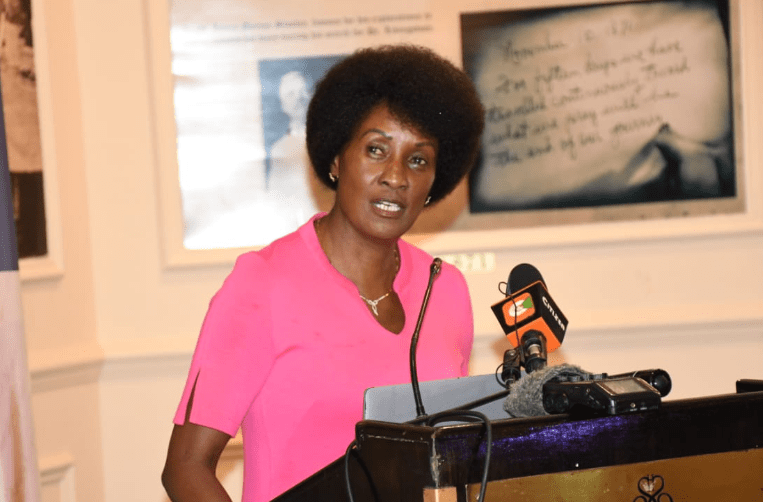Build trust in local healthcare systems

Kenya’s health sector faces multiple crises, including disease outbreaks, underfunding, and limited access to care.
A recent Afrobarometer survey, conducted with the University of Nairobi’s Institute for Development Studies in October 2024, revealed that 50 percent of Kenyans consider healthcare their most pressing concern requiring government action. The findings, published on January 10, 2025, indicate widespread dissatisfaction with the system and highlight the urgent need for reforms.
Public hospitals struggle with limited resources, while private healthcare remains unaffordable for many citizens. The government’s attempt to implement Universal Health Coverage through the Social Health Insurance Fund (SHIF) requires formal sector workers to contribute 2.75 percent of their monthly gross income since October 1.
Current challenges include climate-induced malaria outbreaks in northern Kenya’s Baringo, Marsabit, and Turkana counties. In June 2024, the country experienced a measles outbreak amid vaccine shortages, while the health budget remained constrained with significant spending directed toward medical equipment rather than direct healthcare.
Frequent industrial strikes by healthcare workers, including recent actions by the Kenya Union of Clinical Officers, have further strained the system. Workers demand increased funding for training, placement, and retention.
The devolution of healthcare services to county governments, intended to improve local responsiveness, has yielded mixed results. According to a USAID Kenya Health Systems Assessment, resource allocation disparities and administrative inefficiencies create unequal access to care across counties. While some counties have improved service delivery, others struggle with underfunding and capacity issues.
Additional challenges include human resource management problems such as cronyism, nepotism, bribery, and tribalism, along with a lack of transparency in healthcare spending.
To strengthen Kenya’s healthcare system, solutions must include increased infrastructure investment, improved health information systems, and secure patient data sharing across institutions. While medical tourism grows, building trust in local healthcare systems and expanding access to specialized domestic care remains crucial for long-term sustainability and improved patient outcomes.













